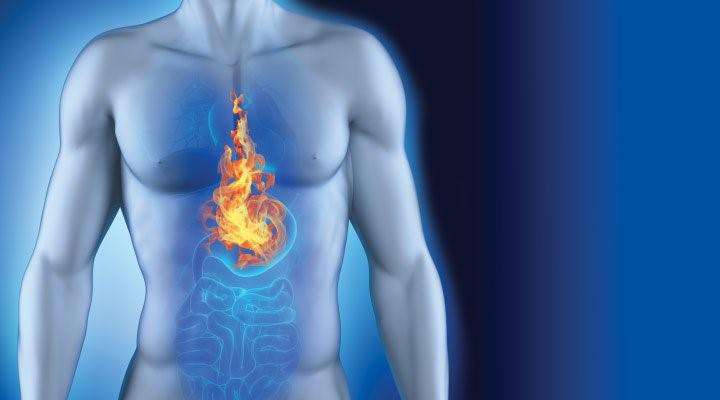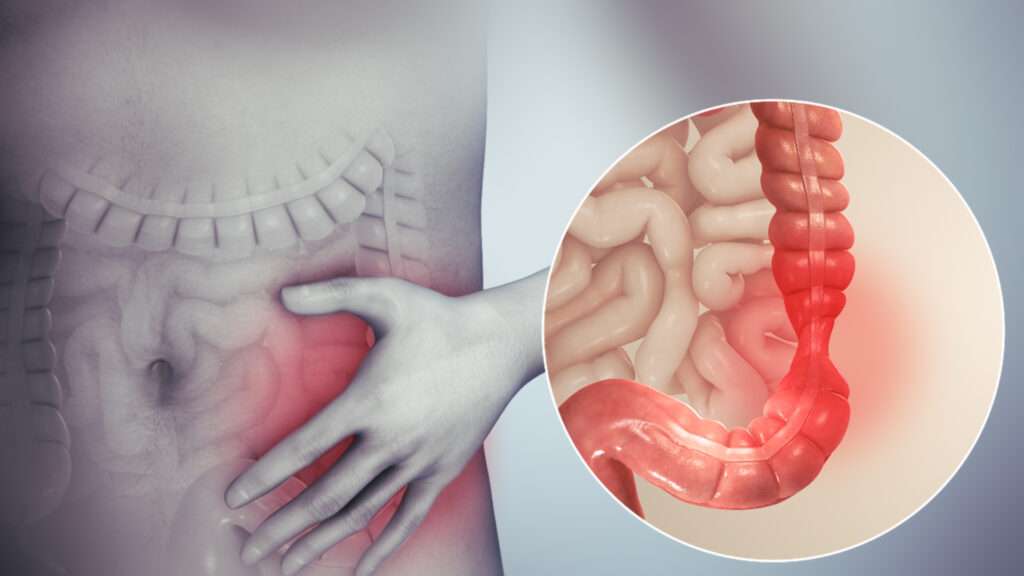
High blood pressure, also known as hypertension, is a chronic medical condition that often requires ongoing management rather than a “cure.” However, there are effective strategies to control and lower high blood pressure. It’s important to note that these strategies may not completely eliminate hypertension but can significantly reduce the risk of complications associated with it. Here are some key steps to help manage high blood pressure:
Lifestyle Modifications:
- Diet: Adopt a heart-healthy diet, such as the DASH (Dietary Approaches to Stop Hypertension) diet, which emphasizes fruits, vegetables, whole grains, lean proteins, and reduced salt intake.
- Reduce Sodium: Limit your daily sodium (salt) intake to less than 2,300 milligrams (about one teaspoon of salt) or even lower if recommended by your healthcare provider.
- Exercise: Engage in regular physical activity, aiming for at least 150 minutes of moderate-intensity aerobic exercise or 75 minutes of vigorous-intensity exercise per week, combined with muscle-strengthening activities on two or more days per week.
- Weight Management: Maintain a healthy weight or work toward achieving a healthy weight if you are overweight or obese, as excess weight can contribute to high blood pressure.
- Limit Alcohol: If you drink alcohol, do so in moderation. For many people, this means up to one drink per day for women and up to two drinks per day for men.
- Quit Smoking: Smoking raises blood pressure and increases the risk of heart disease. Quitting smoking is essential for overall cardiovascular health.
Medications:
- Your healthcare provider may prescribe medications to help lower blood pressure if lifestyle changes alone are not sufficient. These medications may include diuretics, ACE inhibitors, angiotensin II receptor blockers, beta-blockers, calcium channel blockers, or other options.
- It’s crucial to take prescribed medications consistently and as directed by your healthcare provider.
Regular Monitoring:
- Keep track of your blood pressure at home using a home blood pressure monitor, and follow up with your healthcare provider as recommended for routine check-ups.
Limit Caffeine:
- In some individuals, caffeine can temporarily raise blood pressure. Consider reducing your caffeine intake or avoiding it if you are sensitive to its effects.
Limit Processed Foods:
- Processed and packaged foods often contain high levels of sodium. Read food labels and choose low-sodium options when possible.
Herbal Remedies and Supplements:
- Some people explore natural remedies, such as herbal supplements like garlic, hibiscus, or coenzyme Q10, to complement their hypertension management. However, it’s essential to discuss these options with your healthcare provider before use, as they may interact with medications or have contraindications.
Remember that hypertension is a chronic condition that often requires ongoing management. Even if your blood pressure is well-controlled, it’s essential to maintain a healthy lifestyle and adhere to your treatment plan to reduce the risk of complications such as heart disease, stroke, and kidney problems. Always consult with a healthcare professional for personalized advice and guidance on managing high blood pressure.




